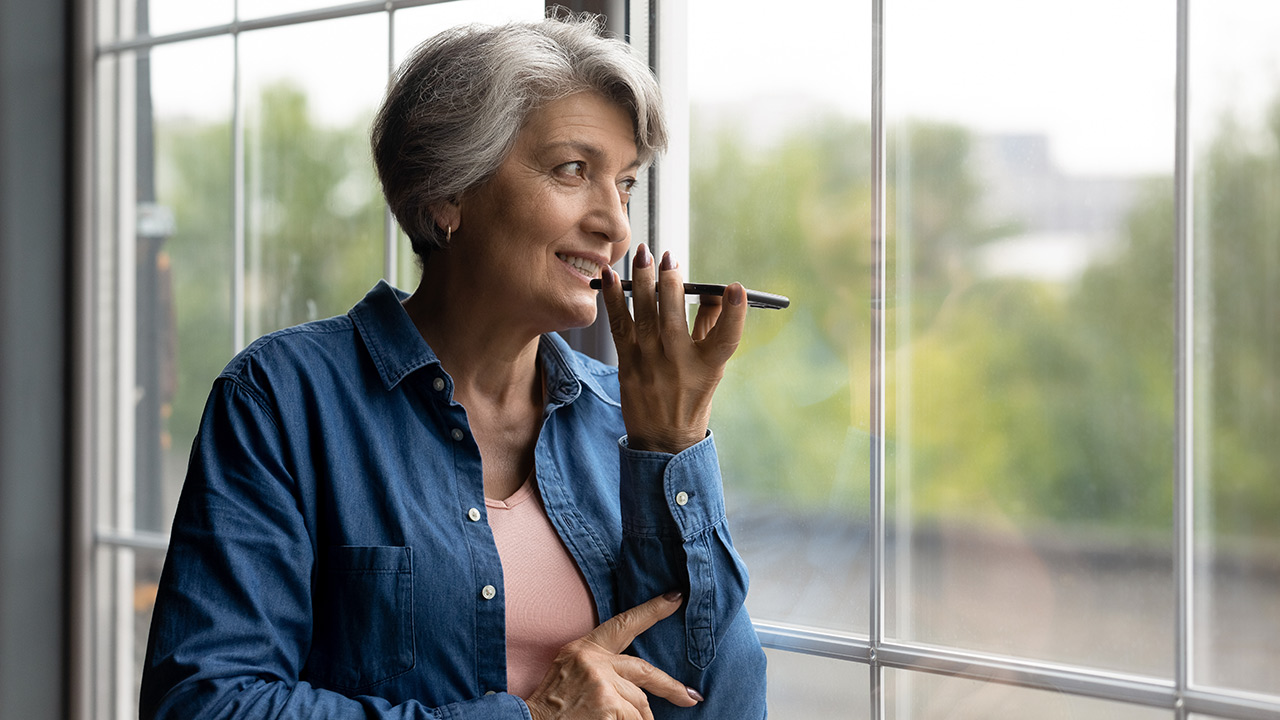Revolutionary diabetes detection via smartphone: A game-changer in healthcare

In a groundbreaking advancement, scientists from Klick Labs have discovered a method that could revolutionise diabetes detection – using just a 10-second smartphone voice recording.
No more travelling to clinics or waiting anxiously for blood test results. This new approach promises immediate, on-the-spot results, potentially transforming how we diagnose type 2 diabetes.
The study, published in Mayo Clinic Proceedings: Digital Health, involved 267 participants, including 192 non-diabetic and 75 type 2 diabetic individuals. Each participant recorded a specific phrase on their smartphone multiple times a day over two weeks, resulting in 18,465 recordings.
These recordings, lasting between six and 10 seconds each, were meticulously analysed for 14 acoustic features, such as pitch and intensity. Remarkably, these features exhibited consistent differences between diabetic and non-diabetic individuals, differences too subtle for the human ear but detectable by sophisticated signal processing software.
Building on this discovery, the scientists developed an AI-based program to analyse the voice recordings alongside patient data like age, sex, height and weight. The results were impressive: the program accurately identified type 2 diabetes in women 89% of the time and in men 86% of the time.
These figures are competitive with traditional methods, where fasting blood glucose tests show 85% accuracy and other methods, like glycated haemoglobin and oral glucose tolerance tests, range between 91% and 92%.
"This technology has the potential to remove barriers entirely," said Jaycee Kaufman, a research scientist at Klick Labs and the study's lead author. Traditional diabetes detection methods can be time-consuming, costly and inconvenient, but voice technology could change all that, providing a faster, more accessible solution.
Looking ahead, the team plans to conduct further tests on a larger, more diverse population to refine and validate this innovative approach. If successful, this could mark a significant leap forward in diabetes management and overall healthcare, making early detection simpler and more accessible than ever before.
Stay tuned as this exciting development unfolds, potentially bringing us closer to a future where managing and detecting diabetes is as simple as speaking into your smartphone.
Image: Shutterstock
